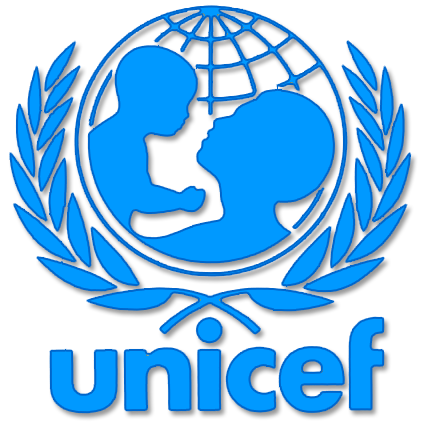 The US government, through the United States Agency for International Development (USAID), has signed a cooperation agreement with UNICEF to improve learning outcomes and equitable and inclusive education with a focus on early grade reading performance in Ghana over the next four years.
The US government, through the United States Agency for International Development (USAID), has signed a cooperation agreement with UNICEF to improve learning outcomes and equitable and inclusive education with a focus on early grade reading performance in Ghana over the next four years.
This was contained in a statement issued and copied to the Ghana News Agency in Accra on Thursday.
“USAID is excited to join in partnership with UNICEF, Ministry of Education and Ghana Education Service to bolster basic education priorities of improving reading, good management and accountability,” the statement quoted Jim Beaver the USAID Mission Director in Ghana as saying.
It said “Ghana’s early grade learners will have greater opportunities to build their foundational reading skills, which are directly linked to success later in life. Establishing these strong building blocks in reading will help Ghana’s children learn to read so that they can read to learn.”
With an added contribution of US$ 14.5 million, USAID’s support will expand much of UNICEF’s work with the Ministry of Education through Ghana Education Service to contribute to improving learning of children in kindergarten, including vulnerable and/or at risk populations such as out of school children, girls and children with learning difficulties, the statement added.
Ghana has been heralded as a role model for many African countries in the provision of free basic education. Moreover, enrolment is at its highest and gender parity has been achieved.
The statement noted that however, despite these achievements, the quality of education in Ghana has declined, with only 16 per cent of grade six students proficient in mathematics for example and only 35 per cent proficient in English, according to the 2011 National Education Assessment.
It said girls from northern Ghana also average only four years of education, three years less than the national average. And 20 per cent of children with physical disabilities are not attending school, according to the 2010 national census.
The statement said “while geographic and social–economic disparities remain a major concern for us,” said Susan Namondo Ngongi the UNICEF Representative in Ghana.
“Access is no longer highlighted as the only challenge in the sector. The provision of quality education; where enhanced teaching and learning outcomes, the trademark of an efficient education system, is increasingly becoming the priority of many stakeholders. We are entering a new era in the education sector here in Ghana.”
Over the next four years, innovative solutions, a cornerstone of this partnership, will be developed and scaled up.
The Mobile School Report Card System for example, an android based solution developed locally with the aim of generating reliable up-to-date data on key education indicators for better planning and decision making is being piloted in three selected regions.
Classroom level libraries with local stories for children aimed at improving access to reading materials for children from disadvantaged backgrounds are being developed and scaled up also.
The development of a set of inclusive education prototype materials geared towards improving learning outcomes for children in an inclusive child friendly environment is also planned.
“Ghana has made steady rapid commendable progress in the education sector over the past few years,” said Mr. Charles Aheto-Tsegah, the former Acting Director-General of the Ghana Education Service.
“We look forward to our continued collective investments in the education sector and working towards equitable and inclusive quality education and lifelong learning for all Ghanaian children over the coming years” the statement noted.
Source: GNA























